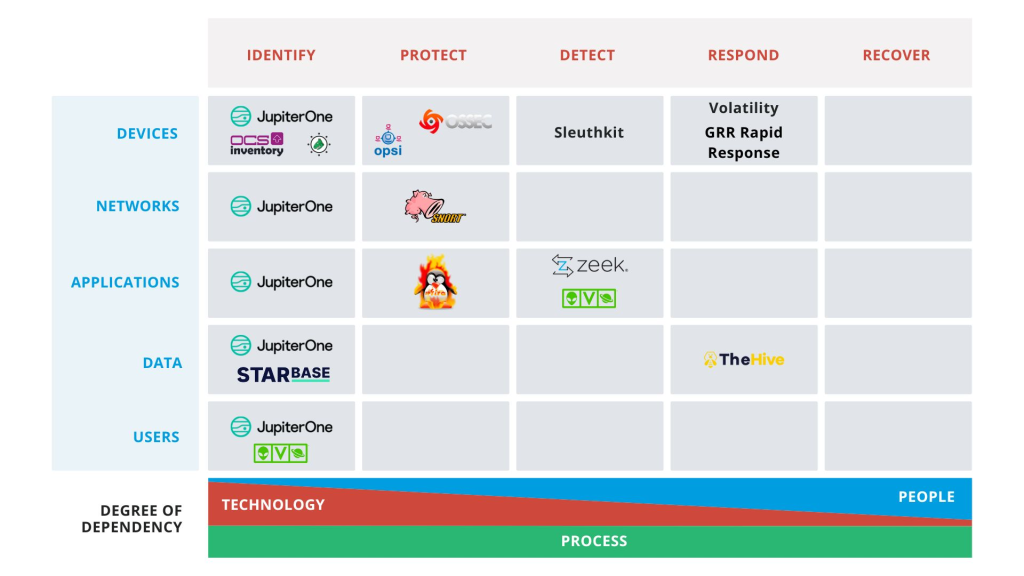
The incident management landscape in 2024 is dynamic and exciting, with established players refining their offerings and innovative newcomers entering the fray. Here’s a look at some of the top contenders:
Established Leaders:
- ServiceNow: A comprehensive IT Service Management (ITSM) platform with robust incident management capabilities, including ticketing, workflows, and reporting. Integrates seamlessly with other ServiceNow modules.
- Atlassian Jira Service Management: Popular for agile teams, offering ticketing, project management, and change management features tailored for incident response. Scalable and customizable.
- PagerDuty: Focuses on incident alerting and escalation, notifying the right people quickly and efficiently. Integrates with various monitoring and ticketing systems.
- BMC Remedy: A long-standing player in the ITSM world, offering broad functionality for incident management, including problem resolution, service level agreements (SLAs), and change management.
Emerging Players:
- Squadcast: An incident response platform built for modern DevOps teams, with features like situation rooms, automated playbooks, and real-time communication tools.
- Incident.io: Simple and user-friendly incident management tool designed for smaller teams, emphasizing collaboration and rapid resolution.
- FireHydrant: Emphasis on incident response automation and collaboration, with runbooks, checklists, and incident communication channels.
- Rootly: AI-powered incident management platform that prioritizes root cause analysis and proactive issue prevention.
Other Notable Options:
- XMatters: Focuses on service reliability and proactive incident prevention.
- Sprinto: Incident management solution geared towards cloud environments and compliance automation.
- BigPanda: AI-powered platform for managing large-scale incidents across IT operations, cloud, and security.
Choosing the Right Tool:
Selecting the best incident management tool depends on several factors:
- Team size and structure: Do you need a solution for a small team or a large enterprise?
- Complexity of IT environment: Do you manage on-premises, cloud, or hybrid infrastructure?
- Incident volume and types: How many incidents do you handle, and what types are most common?
- Budget: Are you looking for an open-source, freemium, or paid solution?
- Integration needs: Does the tool integrate with your existing monitoring, ticketing, and communication systems?
Best Practices for Effective Incident Management:
- Define clear roles and responsibilities: Ensure everyone knows their part in the incident response process.
- Prioritize effectively: Focus on critical incidents first to minimize impact.
- Automate routine tasks: Use automation to free up time for human intervention.
- Communicate effectively: Keep stakeholders informed throughout the incident.
- Conduct post-mortems: Learn from each incident to prevent future occurrences.
Always remember, the ideal incident management tool is only one piece of the puzzle. Implementing best practices and fostering a collaborative culture are crucial for effectively resolving incidents and minimizing business disruption.
Latest posts by Rahul Singh (see all)
- Mutual of Omaha: Selection and Interview process, Questions/Answers - April 15, 2024
- AES: Selection and Interview process, Questions/Answers - April 15, 2024
- Amphenol: Selection and Interview process, Questions/Answers - April 15, 2024

